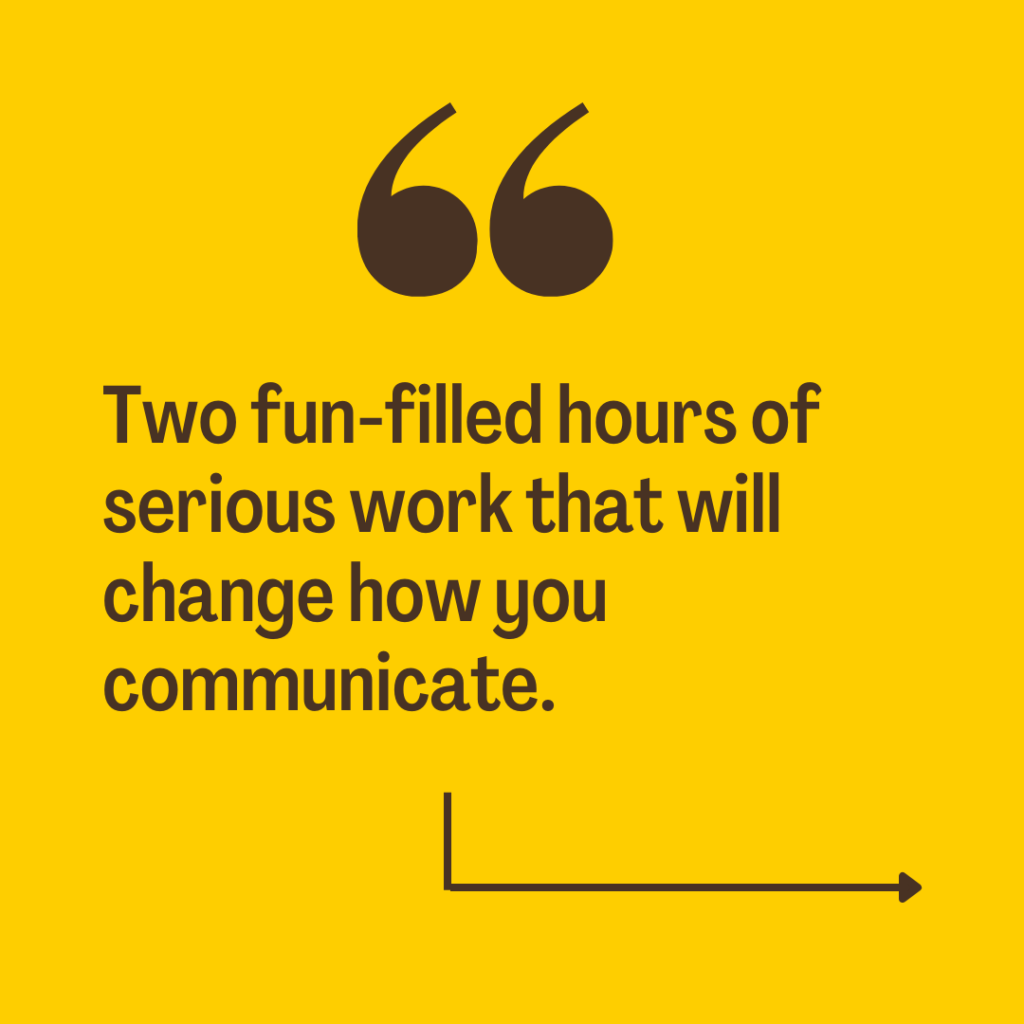If you were the gambling type, which panelist would you bet has NOT had to struggle with ‘being themselves’ at work? Go ahead, put your money down.

I watched a recording of a panel discussion on leadership and one of the women said: “My biggest challenge when I began my current position was ‘being myself’. I had big shoes to fill and I thought that I needed to be someone else to get the job done.”
I replayed the video several times over and watched each of the panelist’s reaction to her statement. Every single person on the panel gave a slow, knowing nod.
Except for one.
Panelist #6 was the outlier. The only straight white male on the panel didn’t nod in that knowing way. I’m not saying that every straight white male finds it easy to ‘be himself’ at work, but if I had to put money on it, I’d put it on #6. (Did you?)
It’s easier for some people to ‘be themselves’ at work because how they look and how they sound have traditionally been associated with ‘leadership’. If you don’t find yourself represented by the drawing of panelist #6, don’t be surprised if you have found it hard to just ‘be yourself’ at work. If you feel nervous speaking in front of a crowd, this is also a reason for it. You simply haven’t seen and heard as many examples of people in leadership positions who look like you and sound like you. (You may not have consciously noticed that, but your brain has.) As the woman panelist said, she thought she needed to be someone else to get the job done. It’s hard to speak from a place of authenticity when you’re contorting yourself to seem like someone you’re not.
But what is to be done about it? Well, every time you step up to lead a group of people, someone in that group sees you being a leader, and hears your voice as a leader. That alone will start to change what leadership looks like and sounds like to them.
And the more often you step up and speak out as yourself, the more familiar you’ll get with that expression of leadership and what it feels like to you: as authentic, deep-down, true-to-yourself you. Over time, with repetition, it will start to feel natural. Your brain’s pathways will become well traveled and your body will feel at home there.
So please please please step up and speak out, even if it doesn’t feel like ‘you’ at first. Change takes time and practice, and the time for this change has come.




